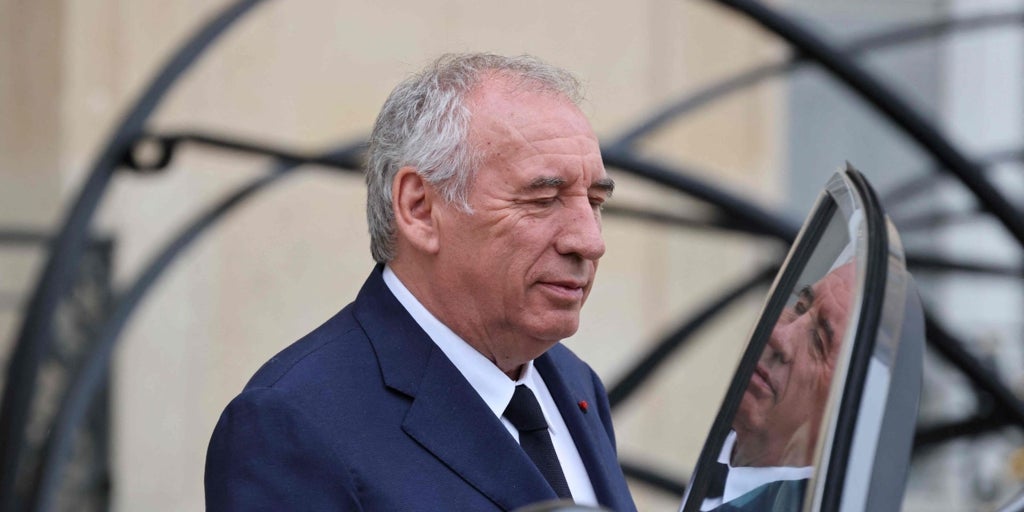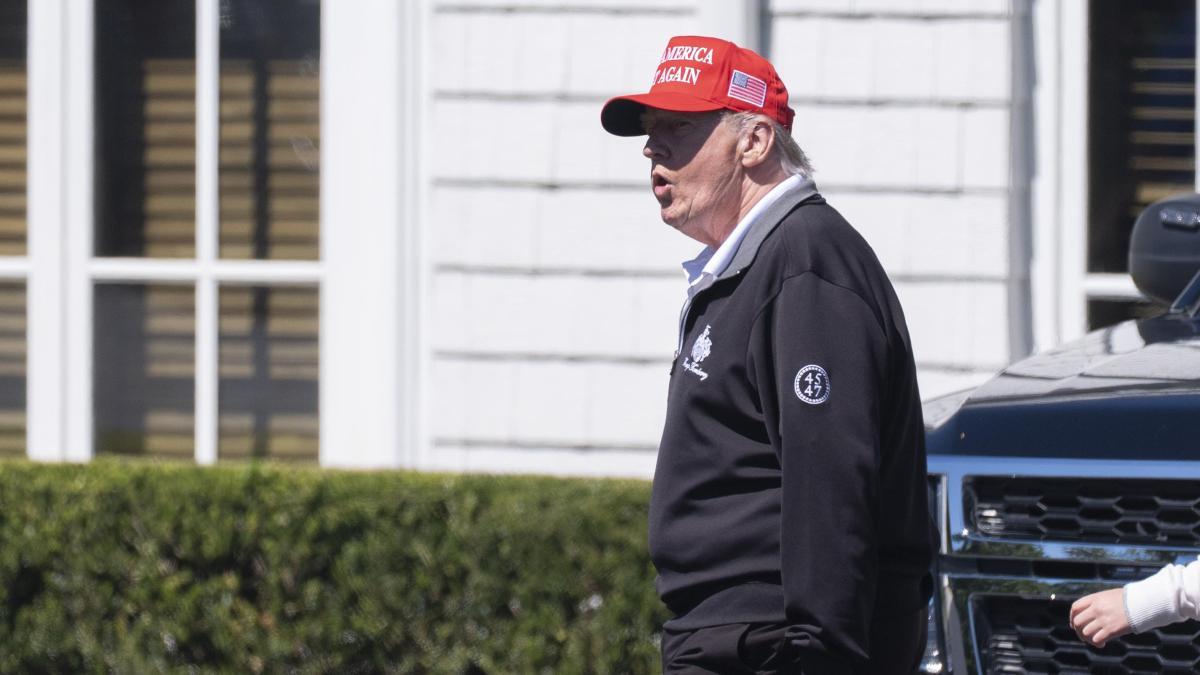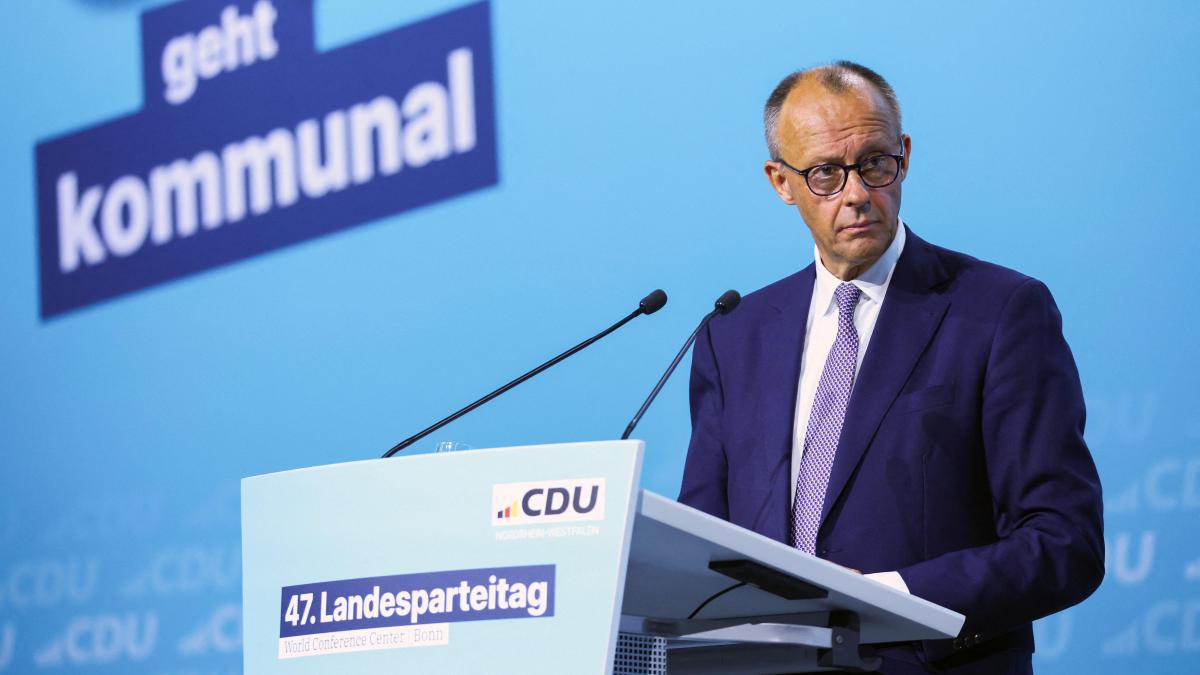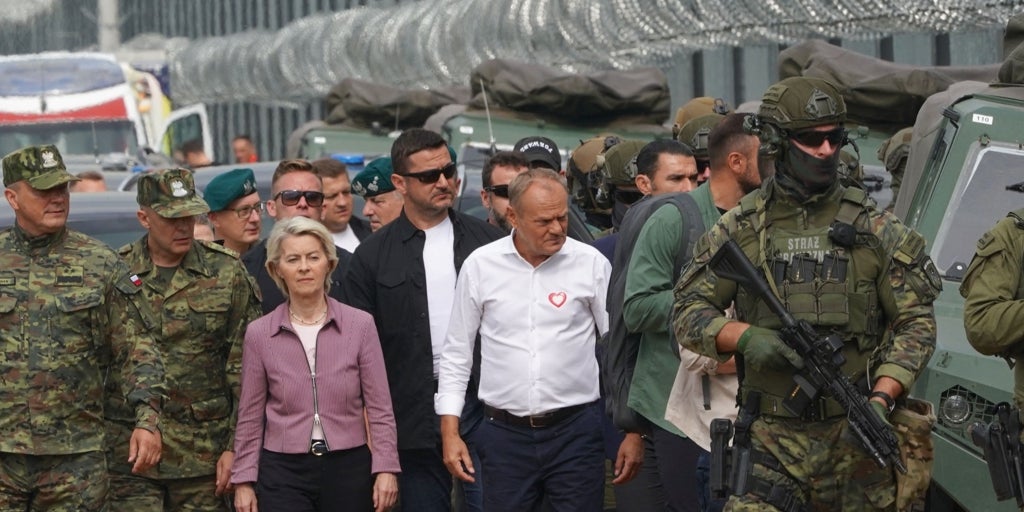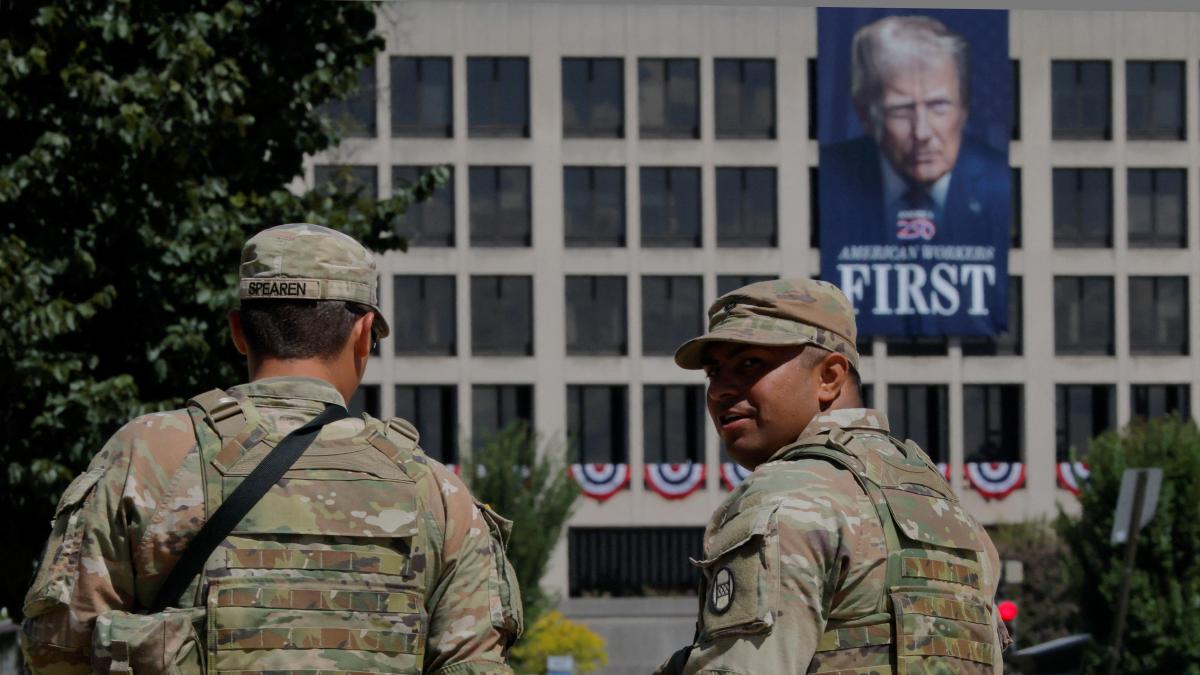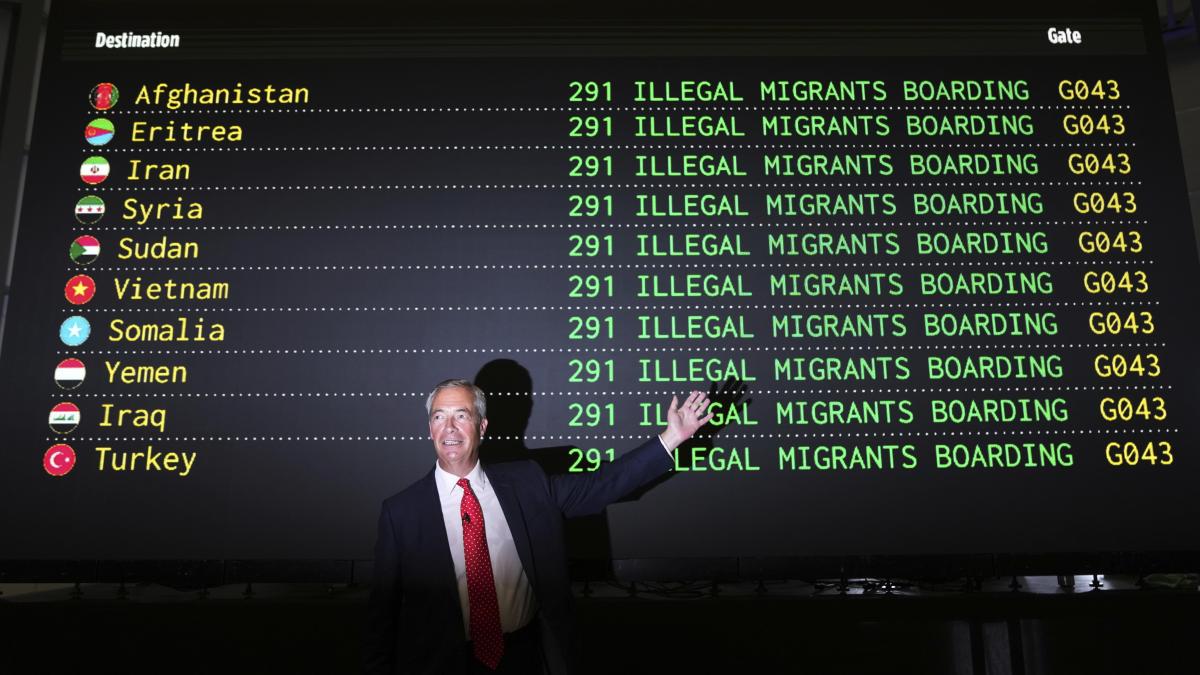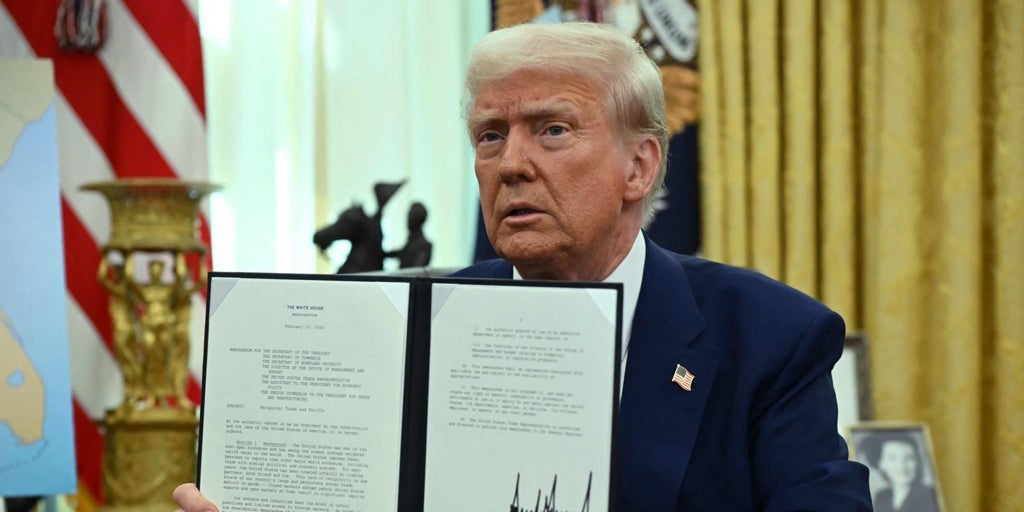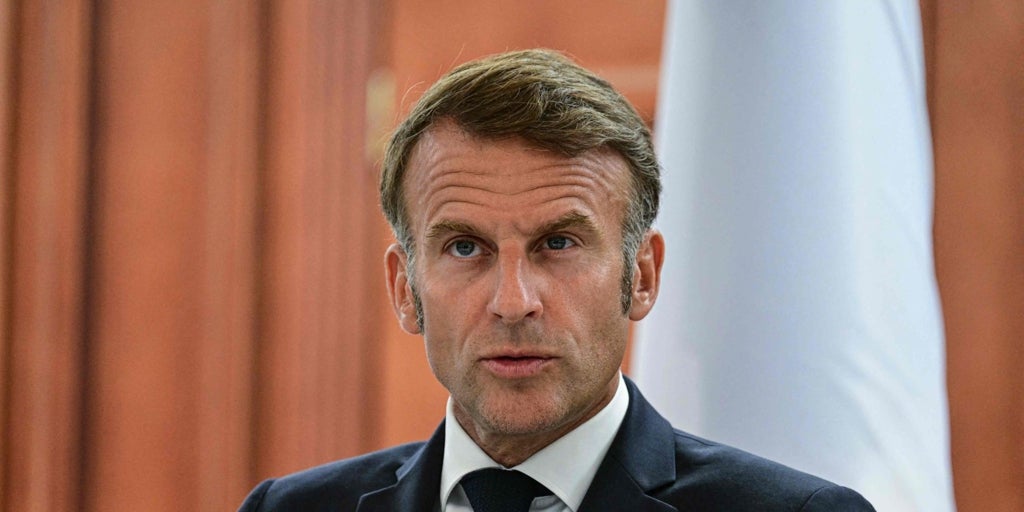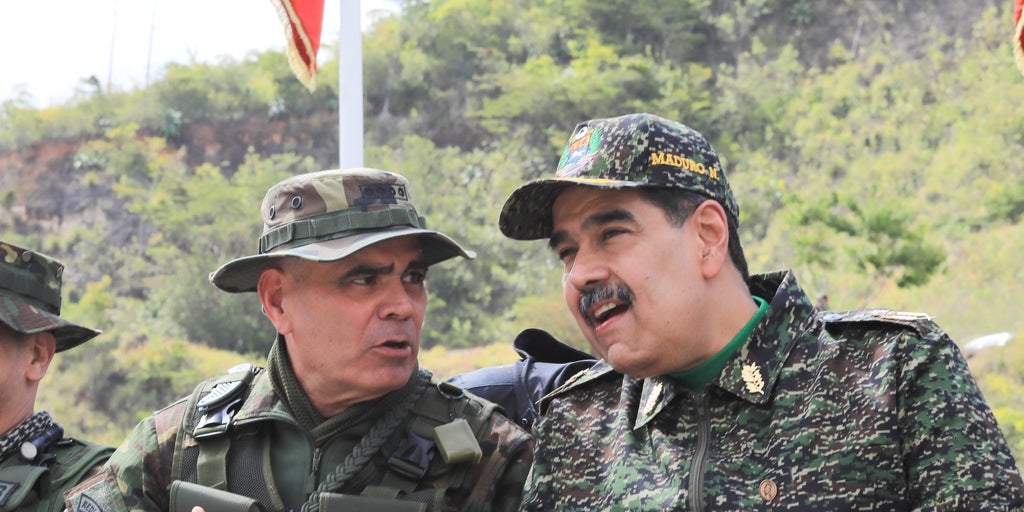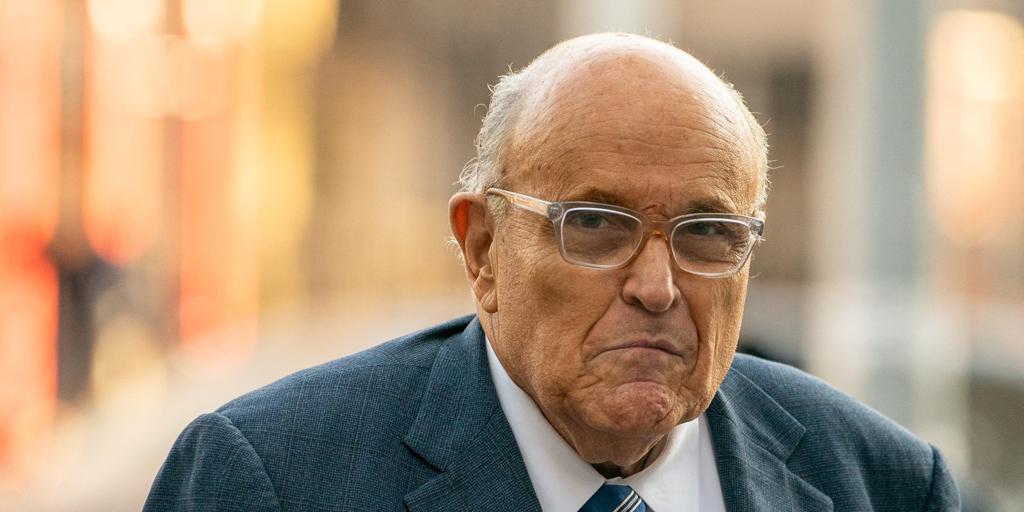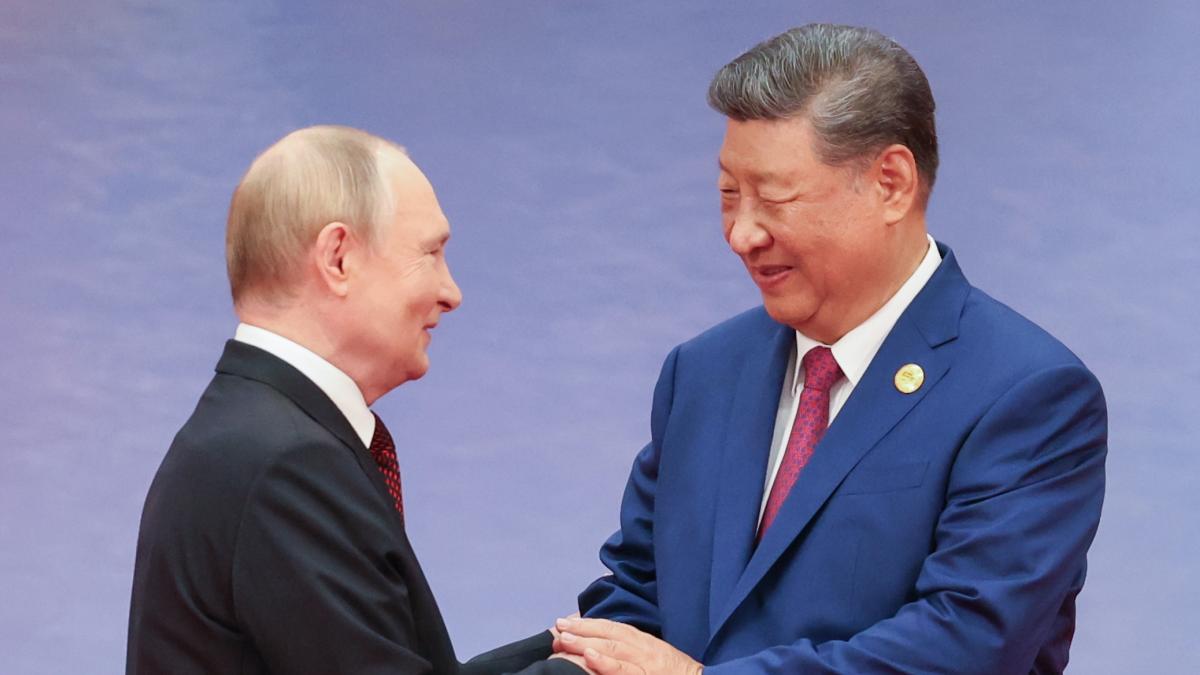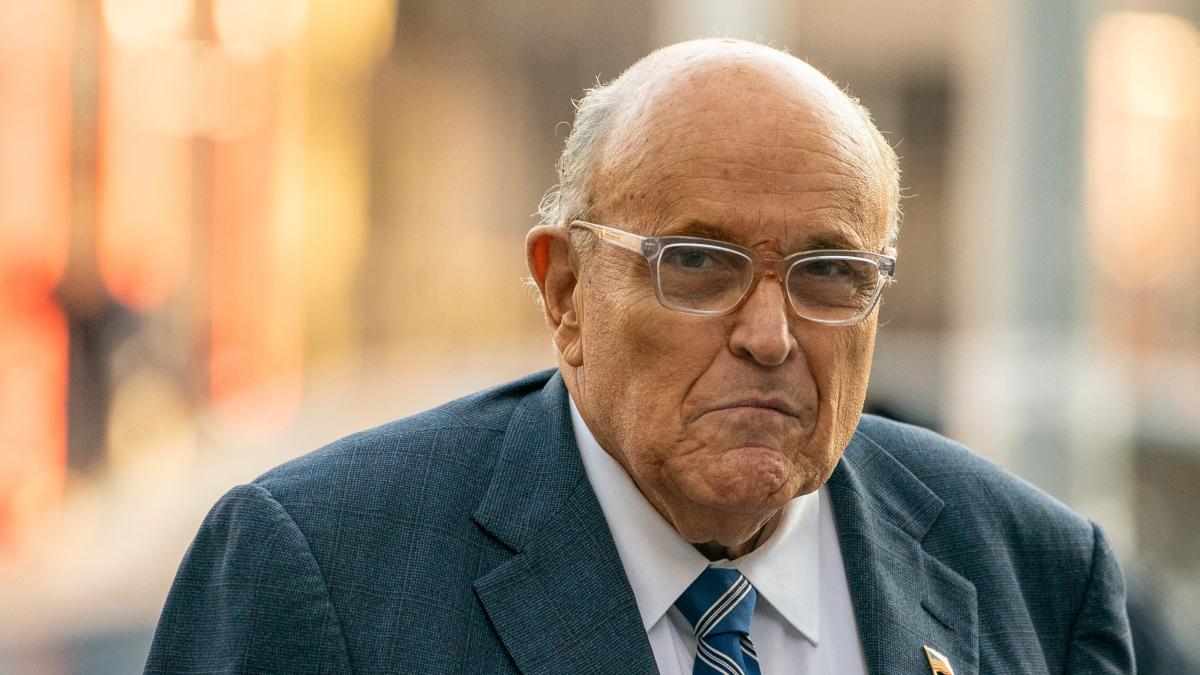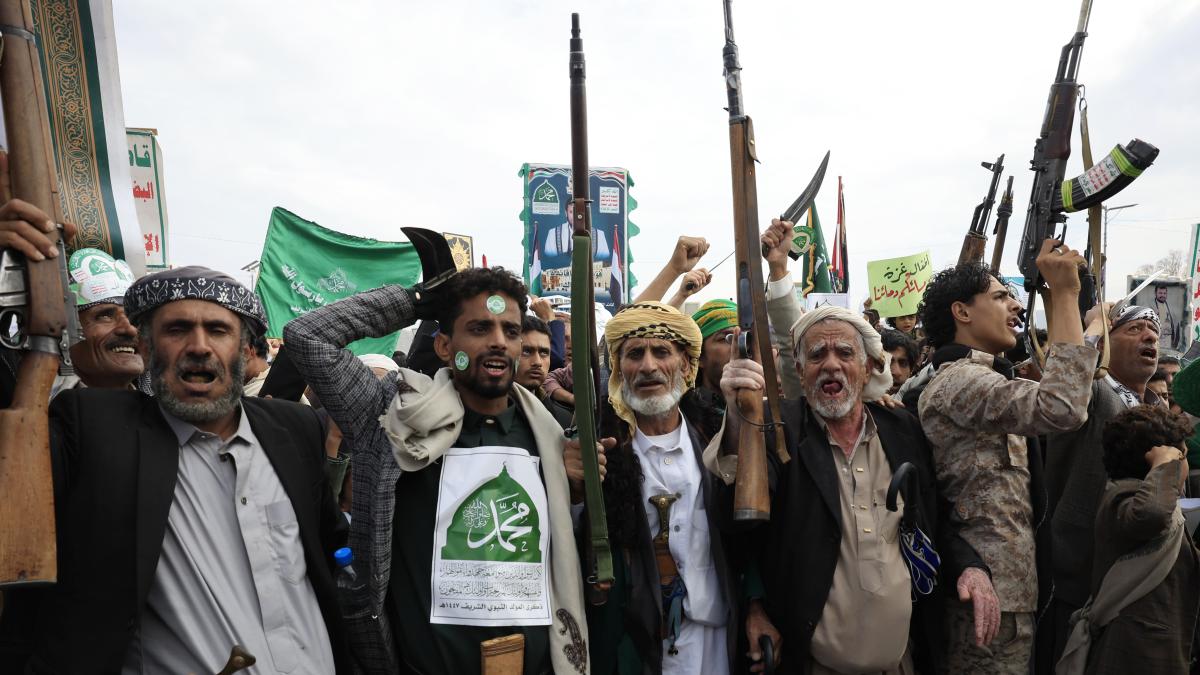G20 Leaders Demand “Complete” Ceasefire in Gaza and Lebanon Amid Growing Humanitarian Crisis
The G20 leaders, gathered in the vibrant city of Rio de Janeiro, have made a momentous call for a total ceasefire in both the Gaza Strip and Lebanon. In a joint statement released on Monday, they expressed their “deep concern” regarding the catastrophic humanitarian situation unfolding in the Palestinian enclave as well as the escalating violence within Lebanese territory.
“We emphasize the urgent need to expand the flow of humanitarian aid and strengthen the protection of civilians, demanding the lifting of all impediments to the delivery of humanitarian assistance,” the statement articulates, highlighting the profound human suffering and the devastating impacts of incessant warfare.
The signatories reaffirmed their unwavering commitment to a two-state solution, envisioning a peaceful coexistence between Israel and Palestine within secure and recognized borders, as stipulated by international law and relevant UN resolutions.
Humanitarian Catastrophes: An Unfolding Tragedy
As the world watches in horror, the situation in Gaza has reached unprecedented levels of desperation. Over the past weeks, thousands of lives have been lost amid airstrikes and ground offensives. Schools, hospitals, and shelters have turned into battlegrounds, exacerbating the plight of innocent civilians.
In Lebanon, the resurgence of violence has been ignited by cross-border conflicts, primarily attributed to Hezbollah’s attacks and Israeli responses. As missiles rain down, the Lebanese people are caught in a vicious cycle of retaliation, their faces marred by grief and loss.
Unmasking the Facade of Global Leadership
While the G20 statement urges peace and humanitarian assistance, one can’t help but question the sincerity of these calls. Are these political maneuvers merely smoke and mirrors, designed to placate a restless international community? The history of G20 interventions reveals a pattern of inaction coupled with rhetoric—promises of peace that rarely bear fruit.
Every summit presents an opportunity for leaders to address pressing global issues, yet concrete actions often remain elusive. The G20, representing a staggering 85% of global economic output, could wield immense influence, yet the burden of leadership seems to falter when tested against the realities of geopolitical conflict.
A Diplomatic Tightrope: The Balancing Act
The G20 has long been seen as a platform for addressing the world’s economic challenges; however, it now faces the daunting task of navigating complex humanitarian crises, particularly in the Middle East. Could a diplomatic tightrope be walked to effectively address the plight of civilians while managing national interests?
The accompanying discourse highlights urgent calls for nuclear disarmament, food security, and peace in the context of wars that ravage nations. The leaders did not shy away from addressing the ongoing war in Ukraine, linking it to the broader narratives of human suffering and global stability.
Debunking National Narratives: A Study in Contrasts
As the G20 emphasizes a comprehensive approach for peace, we must examine the stark contrasts emerging from national leaderships. The Argentine president, Javier Milei, for instance, has opted to partially distance himself from the G20’s 2030 Agenda highlighting an intrinsic skepticism toward international governance frameworks.
Milei’s vocal opposition to certain points in the declaration raises critical questions: Is the notion of global cooperation fraying at the seams? Furthermore, his push against state intervention in humanitarian assistance underscores a broader ideological divide.
The Human Cost: An Indifference that Suffocates
The cost of inaction is evident—the mounting casualties in Gaza and Lebanon showcase the vulnerability of human lives amidst political agendas. The G20’s lofty declarations juxtaposed with the crumbling realities of civilians caught in turmoil are cries for help resonating through the ages.
As leaders push for a sustainable world free from nuclear threats, they must confront their own complicity in perpetuating conflicts. The stark reality remains—while negotiations occur in gilded chambers, the blood of innocents stains the sand of war-torn landscapes.
Can the G20 Reclaim Its Purpose?
The G20 must aspire to regain its original purpose: a proactive facilitator of peace rather than a passive observer of crises. Can this elite group transcend its bureaucratic tendencies and emerge as true champions for human rights and dignity?
The outcomes of the 2023 summit serve not merely as historical footnotes but as reminders of the potential impact of collective governance. As humanitarian crises evolve, the need for urgent dialogue and reform grows more critical than ever, heightening the stakes for future G20 summits.
As we reflect upon the G20’s declarations, let us confront the chasm between words and actions—because in this interconnected world, every lifeline extended to those suffering serves as a testament to our shared humanity.


